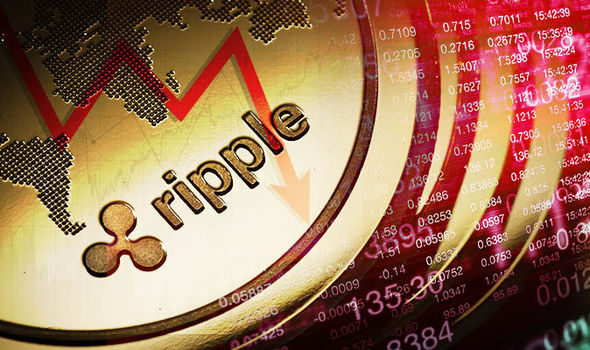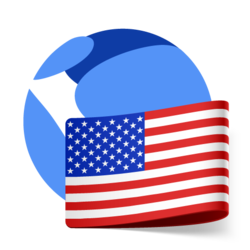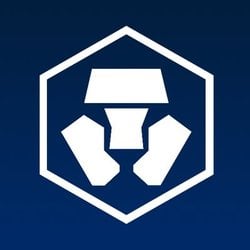Block Stars is a new podcast series from Ripple that shines a spotlight on blockchain’s most innovative and impactful thinkers. In each episode, a special guest joins Ripple CTO David Schwartz to explore a different impact of the technology and predict how it will grow and evolve.
Following on from the Block Stars opener with Ripple co-founder and Executive Chairman Chris Larsen, this episode features CEO and Co-founder of AIKON, Marc Blinder, who discusses the environmental impact of cryptocurrencies.
The proof-of-work consensus mechanism that underlies Bitcoin uses huge amounts of energy. A recent study found that the hundreds of thousands of computers working 24 hours a day to solve cryptographic puzzles and earn bitcoin produce more than 22 megatons of carbon emissions—the equivalent of Las Vegas or a country like Sri Lanka.
“The thing about proof of work is you’re basically turning electricity into money,” explains Marc. “The more Bitcoin is worth, the more electricity it requires to operate the system, because there’s a lot more competition. Environmental destruction is built into the system.”
Marc believes that unsustainable mining practices are a barrier for the more widespread adoption of digital assets. Fortunately, not all blockchains are as inefficient. XRP’s carbon footprint is almost 10 million times smaller than that of Bitcoin, while AIKON uses a more efficient proof-of-stake protocol. However, simply being sustainable is not enough. Reaching a new audience also requires a great user experience, as Tesla demonstrated with its high-quality electric vehicles.
“Tesla [has] a better car and it’s good for the environment,” Marc notes. “The problems with mass adoption are actually on the front-end user experience level. A quality experience for the average person will make the biggest impact. We need very efficient systems if we want to use blockchain for [a range of] different use cases in the future.”
Marc’s company AIKON enhances the blockchain user experience by helping people link their email and Facebook accounts to their blockchain identities. Making the process more convenient and accessible encourages wider adoption, bringing the power of blockchain to people who can really benefit from it.
“I taught some Syrian refugees how to use a crypto wallet,” recalls Marc, “and one of them turns around two minutes later and says, ‘If I give these 12 words to my family in Syria, will they have the Bitcoin?’ People suddenly have access to something that they didn’t have before. Blockchain levels the playing field [for] people all over the world. I think public blockchains will win in the end because they’re better for small businesses…and for individual people.”
Subscribe to the Block Stars podcast today for more insights from Marc on how to make blockchain more sustainable, why decentralization will change the world and hear him recommend a “thought-provoking and wonderful” sci-fi novel.












